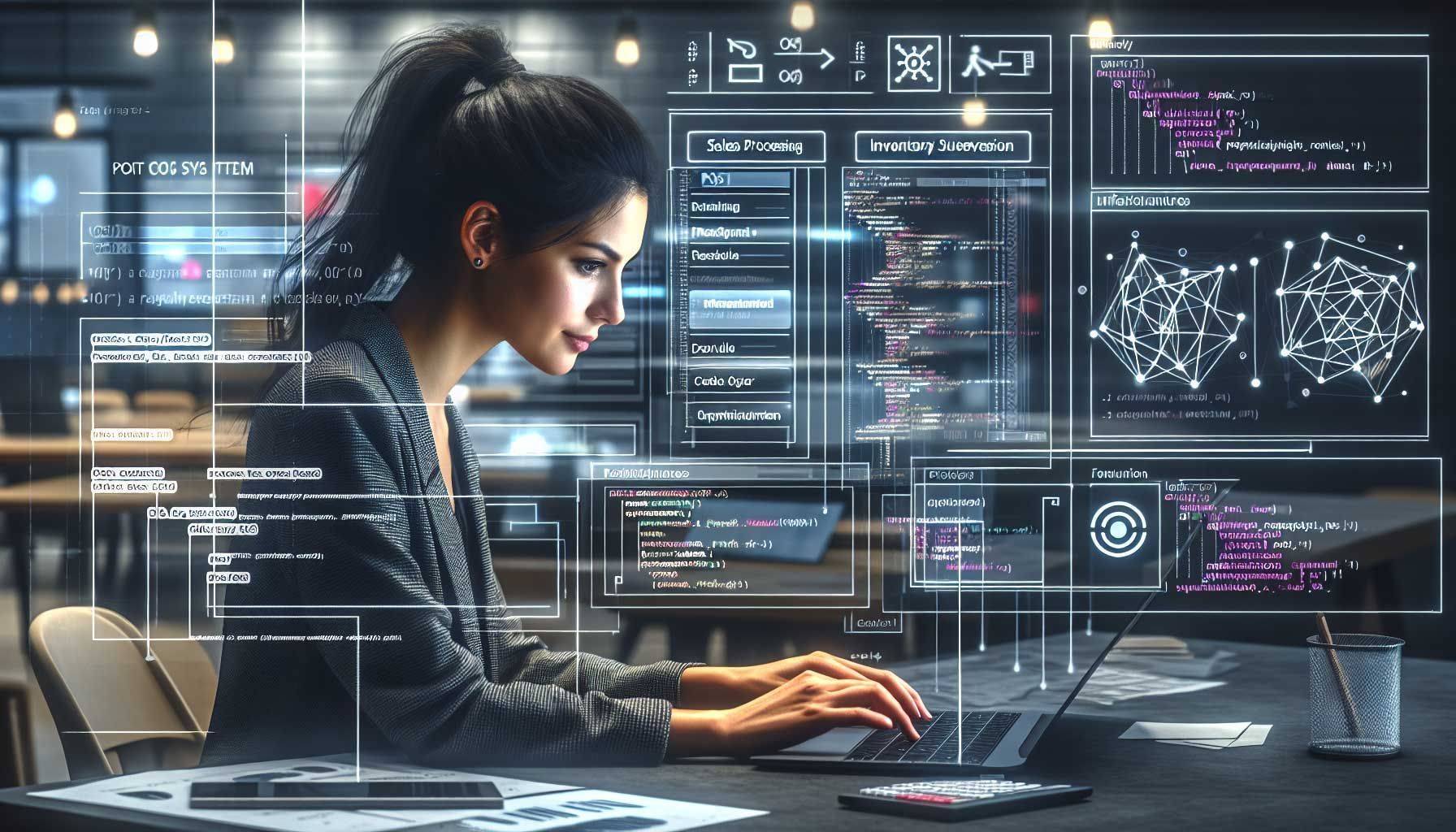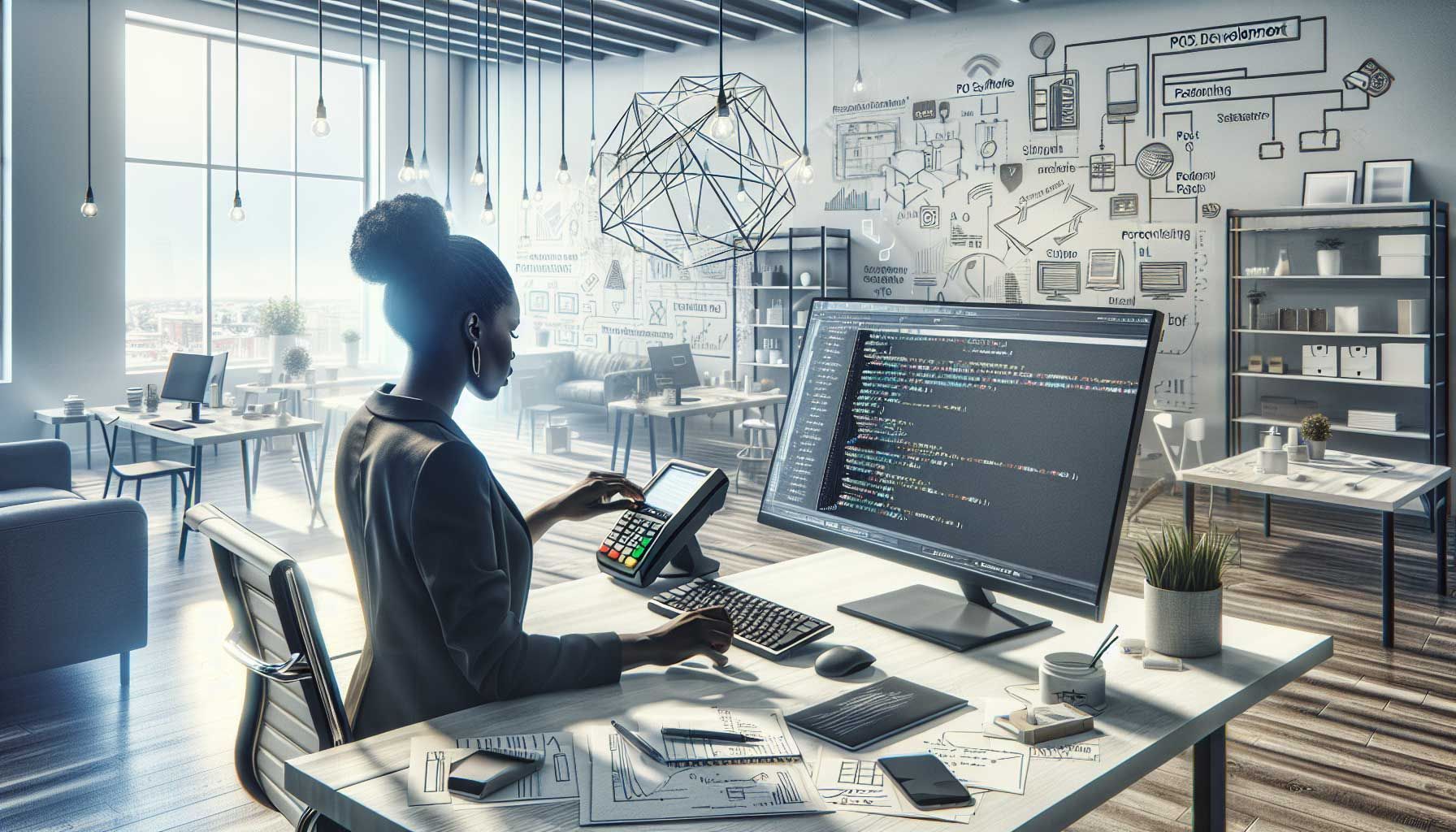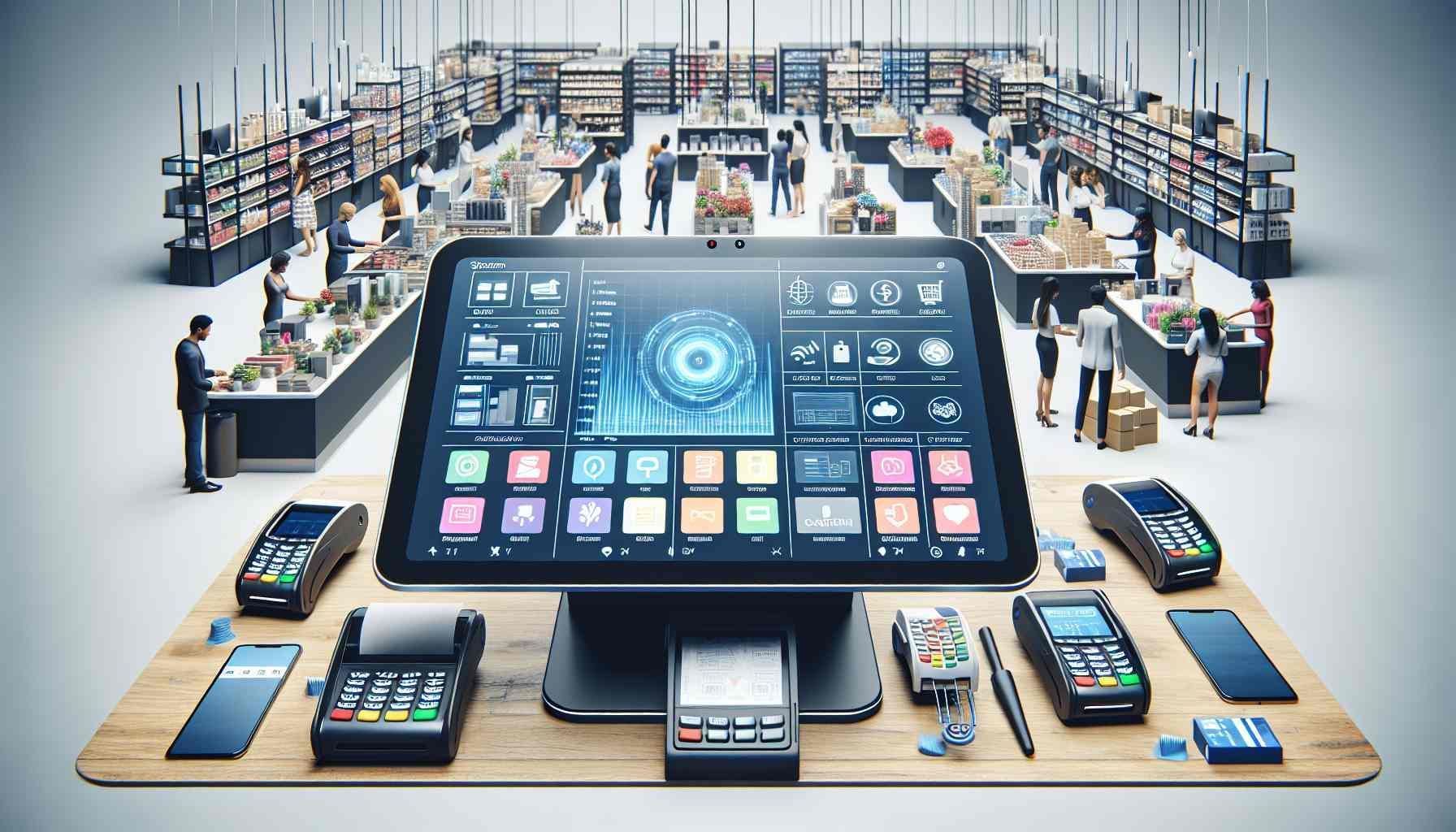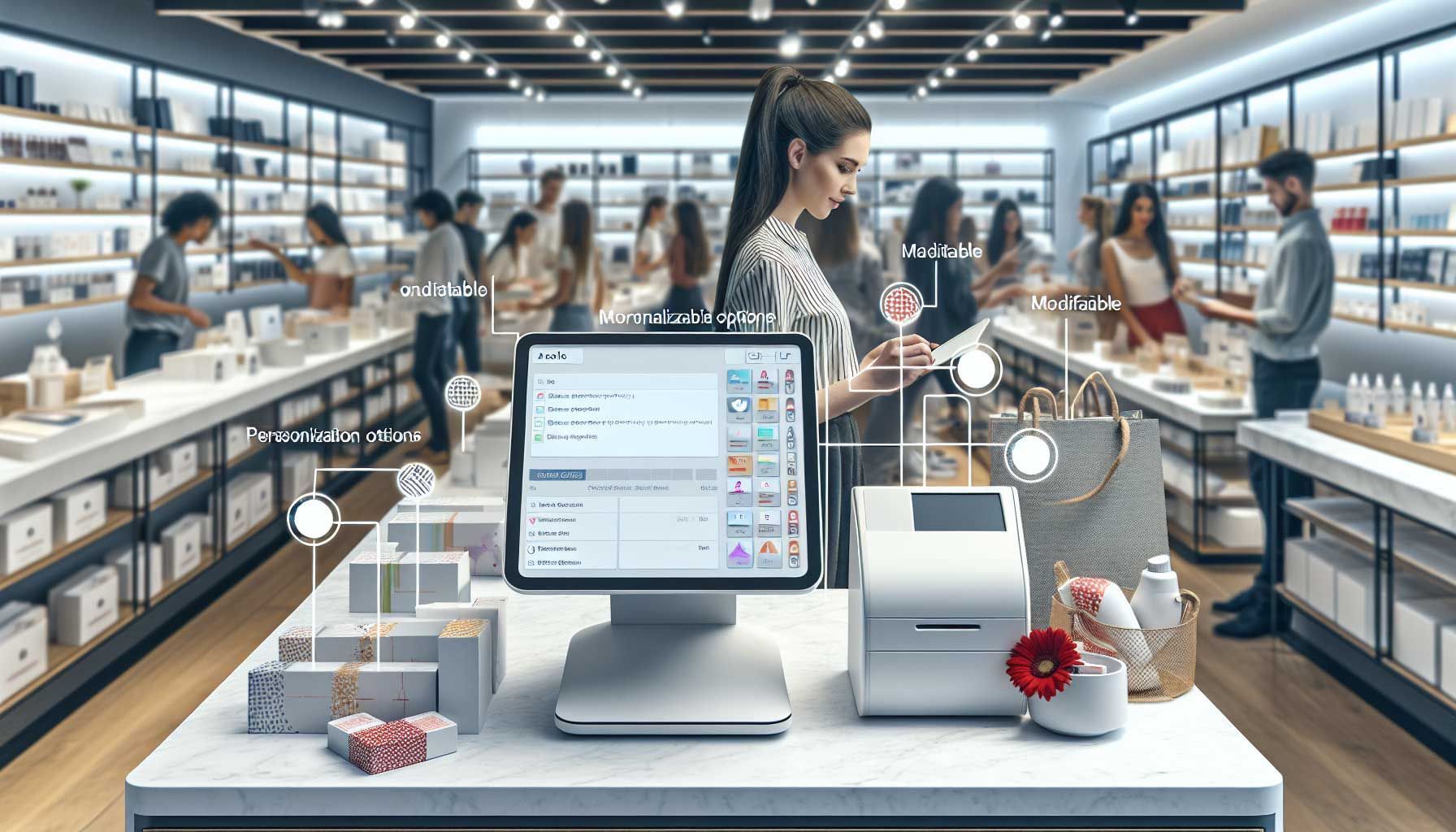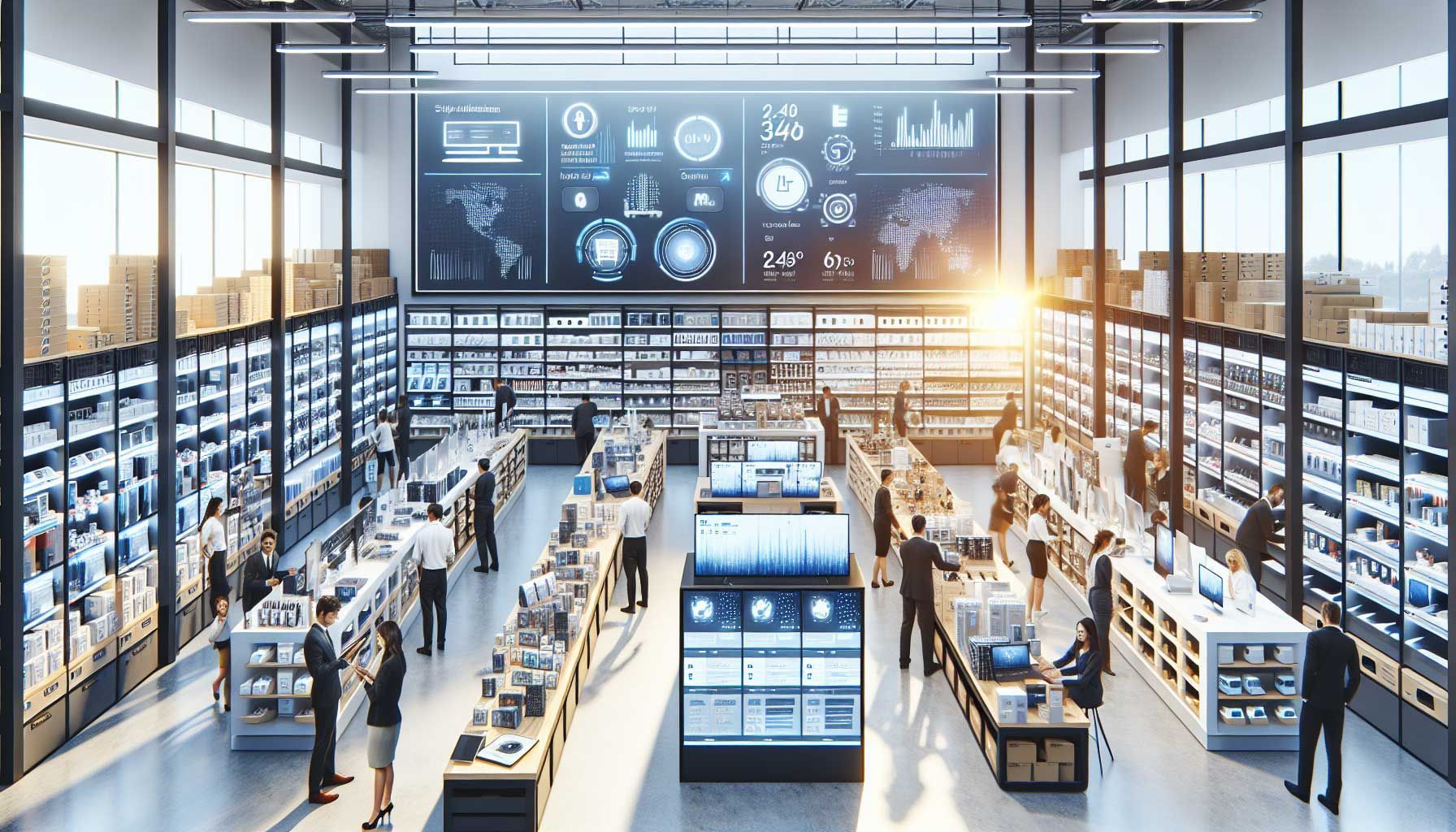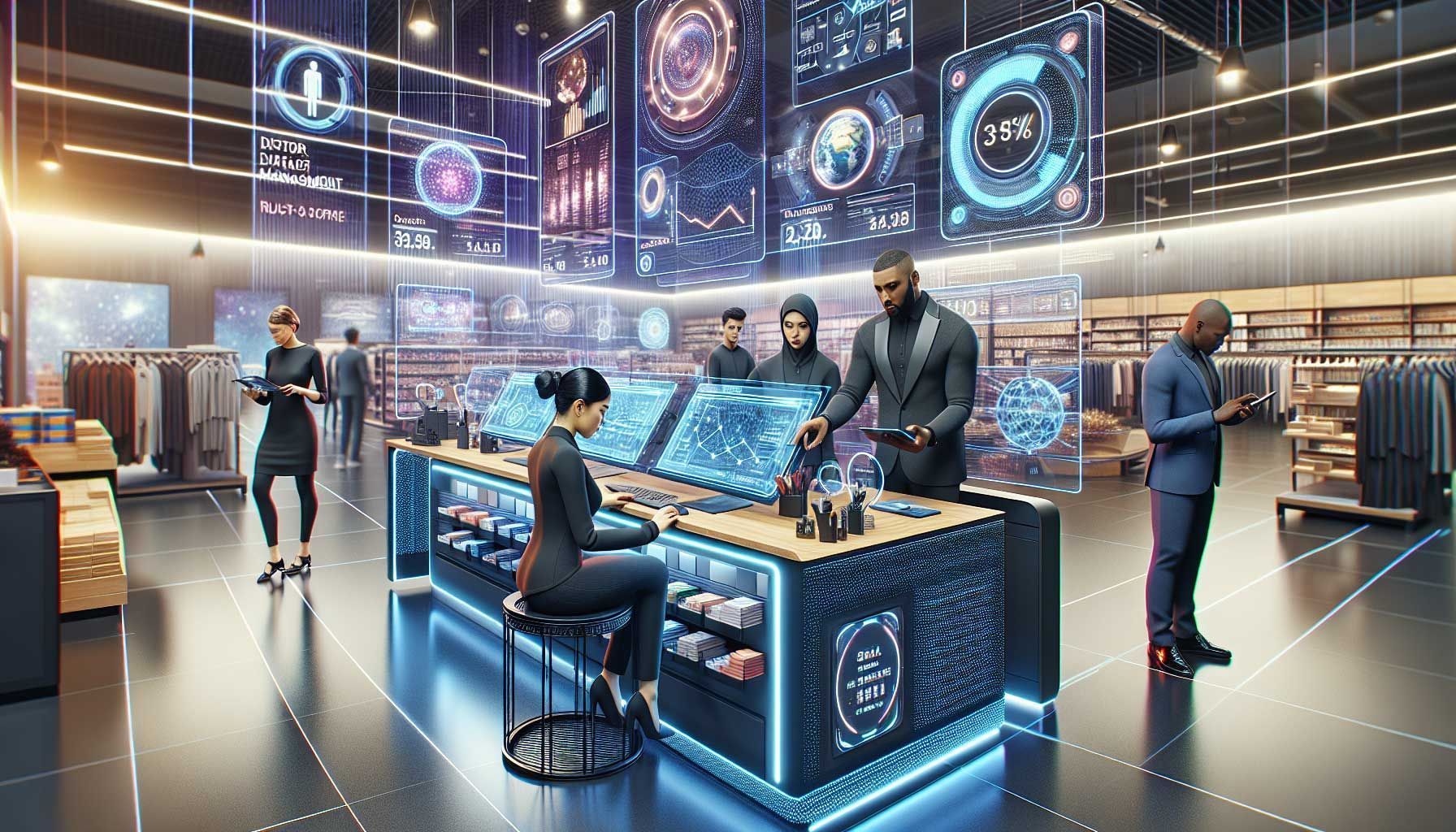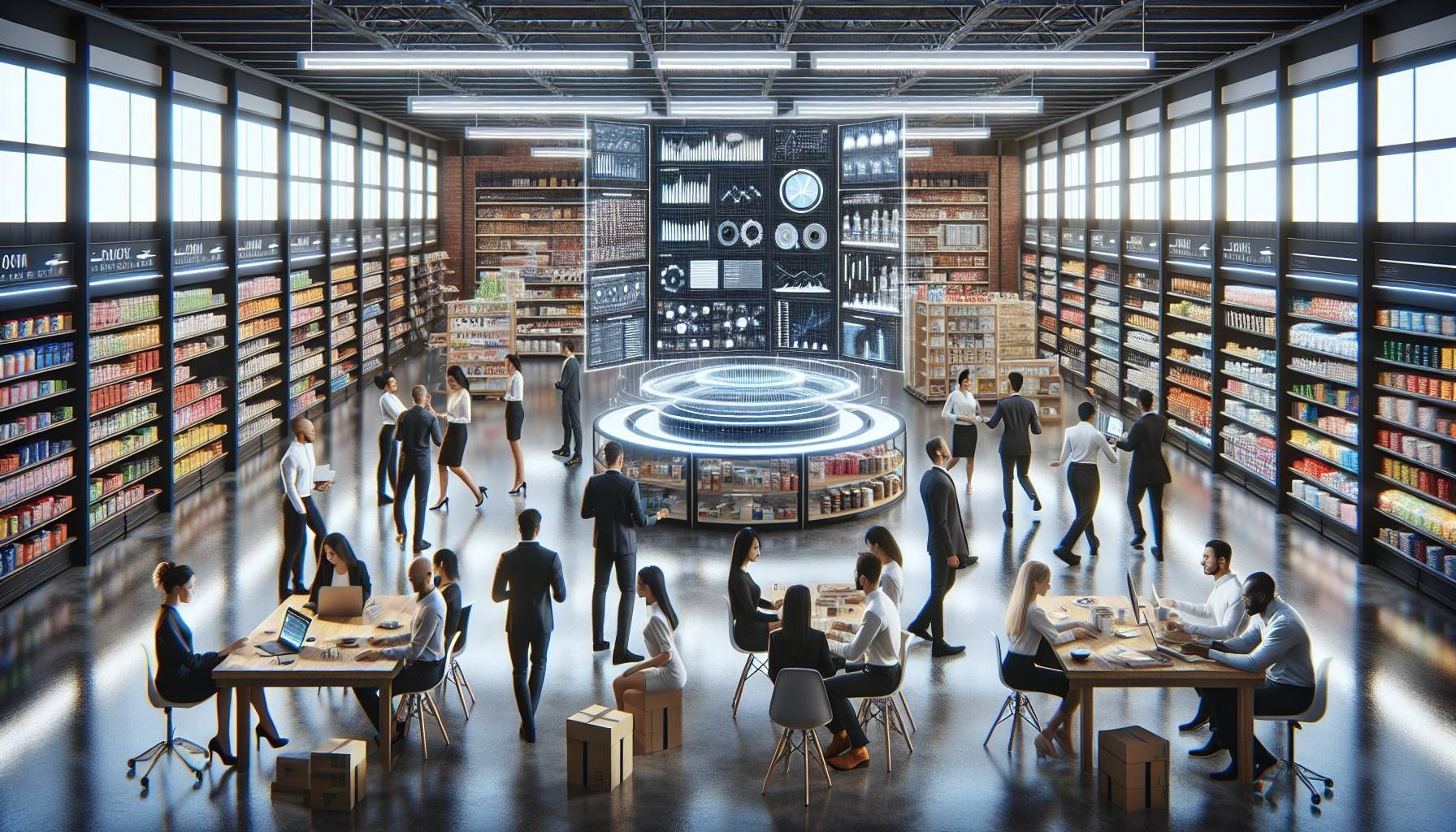Different Hardware Options for using a POS System explained
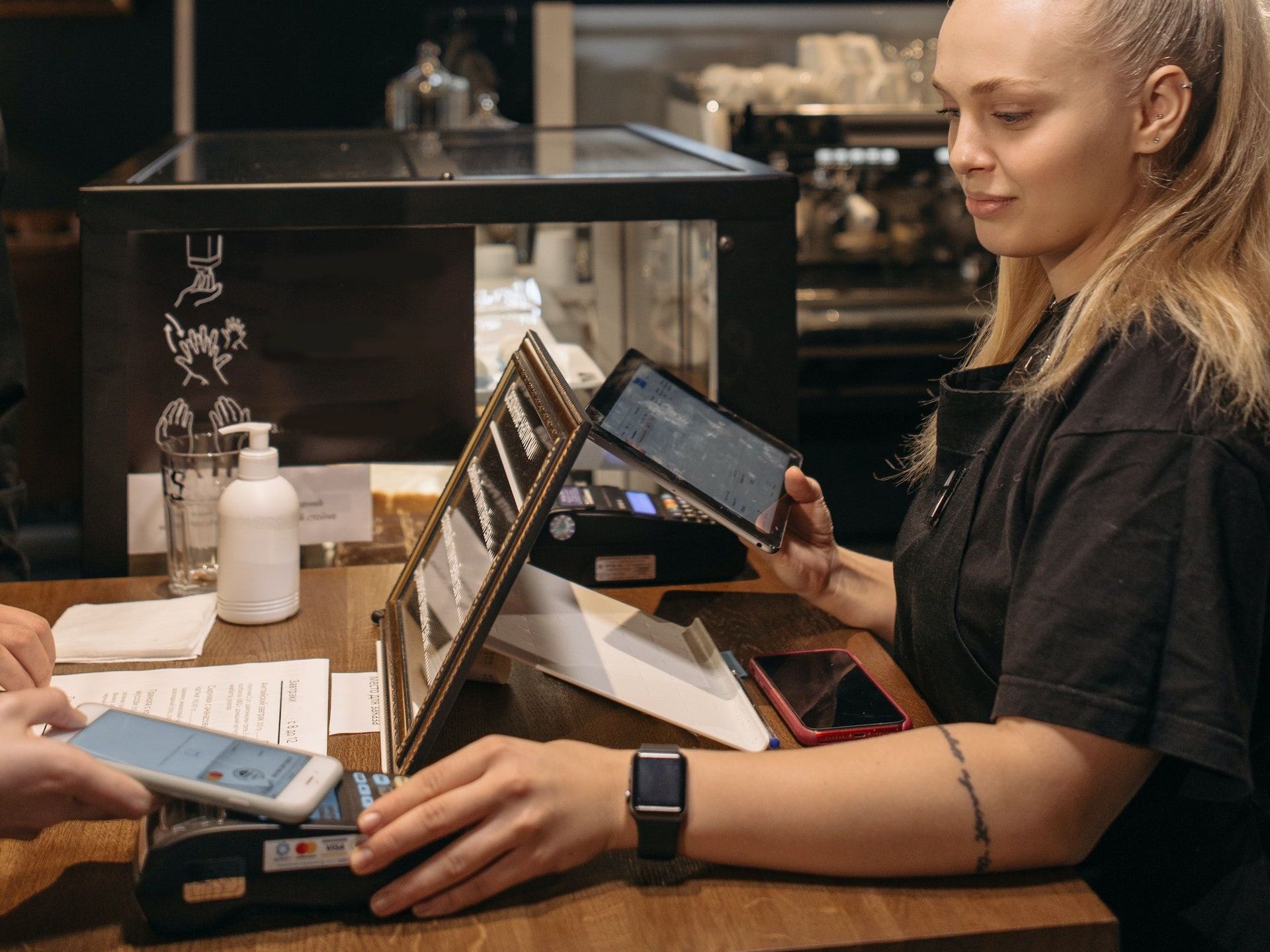
Different types of terminals
What is a dedicated POS terminal?
A dedicated POS terminal is a device that is specifically designed to be used as a POS system. These devices usually come with integrated hardware and software that allow them to perform all the necessary functions of a POS system, such as processing payments and managing inventory.
One advantage of using a dedicated POS terminal is that they are often more reliable than other types of devices, since they are designed specifically for use as a POS system. Additionally, dedicated POS terminals can often be customized to meet the specific needs of a business, which can make them more efficient and user-friendly.
However, one downside of using a dedicated POS terminal is that they can be expensive, since they require an initial investment in both the hardware and software. Additionally, if a business decides to change their POS system in the future, they may need to replace their entire terminal, which can be costly.
Mobile POS
Mobile POS terminals are devices that can be used as a POS system but are not permanently installed in one location. Many businesses use mobile devices such as smartphones or tablet computers as mobile POS terminals since they are relatively low-cost and easy to use.
One advantage of using a mobile POS terminal is that it offers flexibility since it can be easily moved from one location to another. Additionally, many mobile devices already have built-in features that can be used for POS functions, such as credit card readers and barcode scanners.
However, one downside of using a mobile POS terminals that it may not be as reliable as a dedicated device since it was not specifically designed for use as a POS system. Additionally, mobile devices may not have all the same features as a dedicated POS terminal, which could limit its functionality. However, these disadvantages are becoming less and less relevant, because a lot of software is now
cloud-based.
Wireless Terminals
Wireless POS terminals are devices that can be used as a POS system, but do not need to be physically connected to a register or other type of station. Many businesses use wireless devices such as Bluetooth scanners and mobile terminals to create a wireless POS system.
One advantage of using awireless POS terminal is that it offers flexibility since it can be easily moved from one location to another. Additionally, many wireless devices already have built-in features that can be used for POS functions, such as creditcard readers and barcode scanners.
Can I use my PC or laptop as POS?
Can you turn your phone into a POS?
Can I use my tablet as a POS system?
Make sure to do your research before choosing an app, as some may not be compatible with certain types of hardware or may not offer all of the features that you need. In addition to an app, you'll also need to connect a Bluetooth or network receipt printer and barcode scanner (if needed).
The main challenge with only using a tablet or phone
Conclusion
As you can see, there are many different ways that you can use a POS system . Depending on your needs, you can choose a dedicated POS terminal, a mobile POS terminal, or even a wireless POS terminal. You can also use your laptop, PC, phone, or tablet as a POS system. The main challenge with using only a tablet or phone is that you may not be able to connect a printer for receipts. However, with the right hardware and software, it is possible to turn your tablet or phone into a fully functioning POS system.

We look forward to share the best strategies with you.
Thank you!

Bring your shop to the next level
Hi, I'm George and I like retail and technology. Therefore, my passion here at Retailgear.com is to provide you with reliable information to automate and digitize your store. You can find out what we can do for your industry through our menu. Also, feel free to check out this updated list of retail tools.
Get inspiration in your inbox to get more sales and store visitors with less effort.


